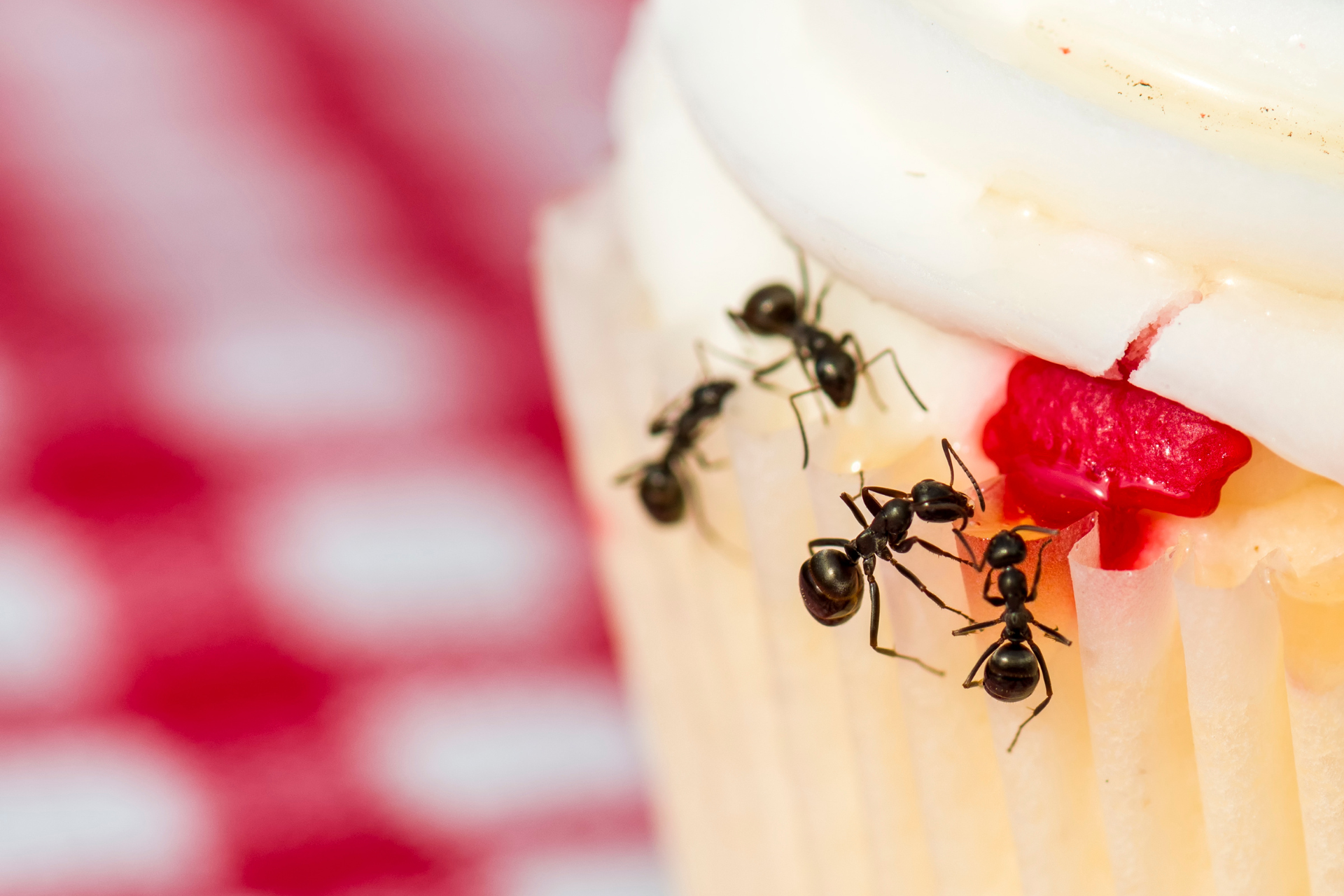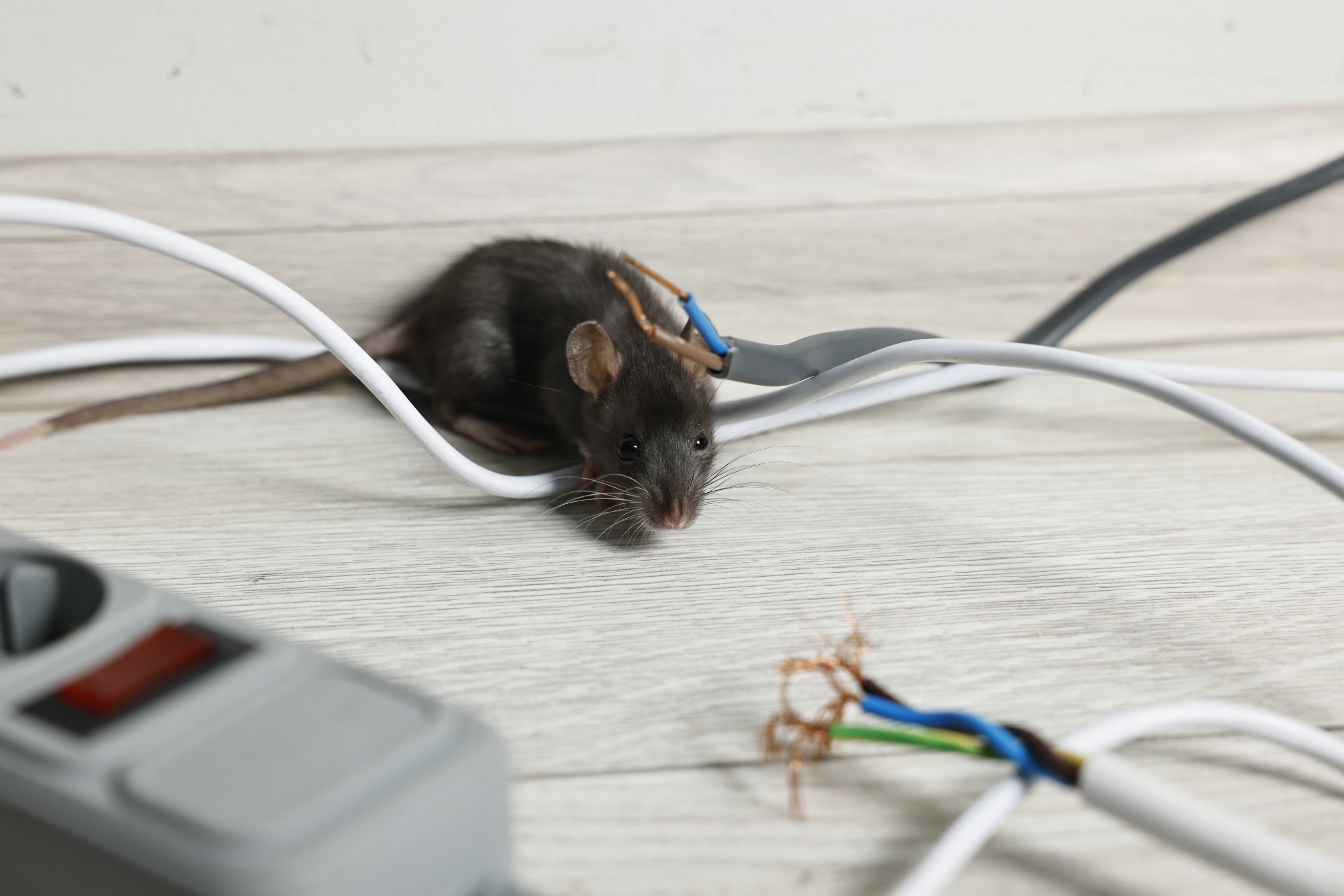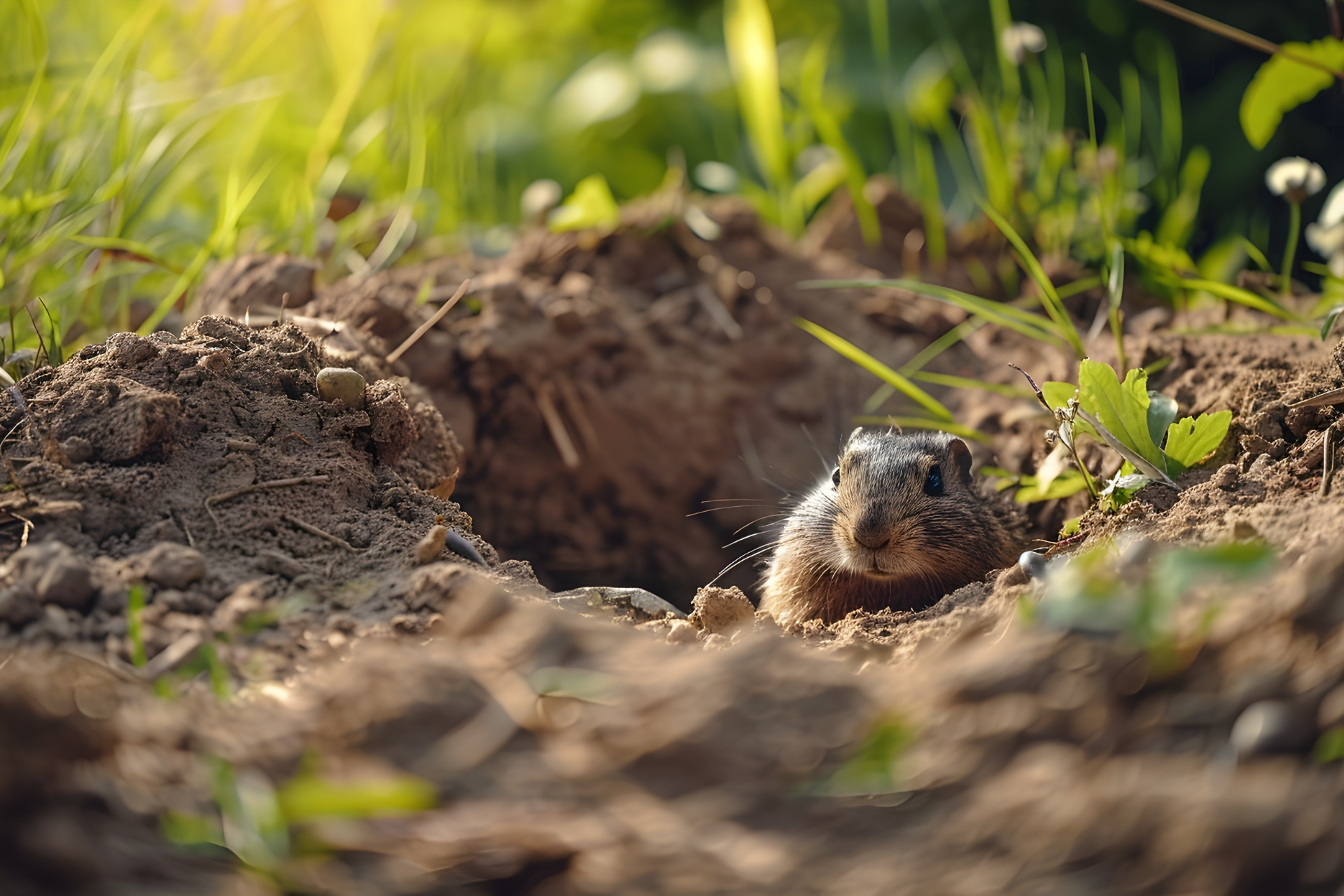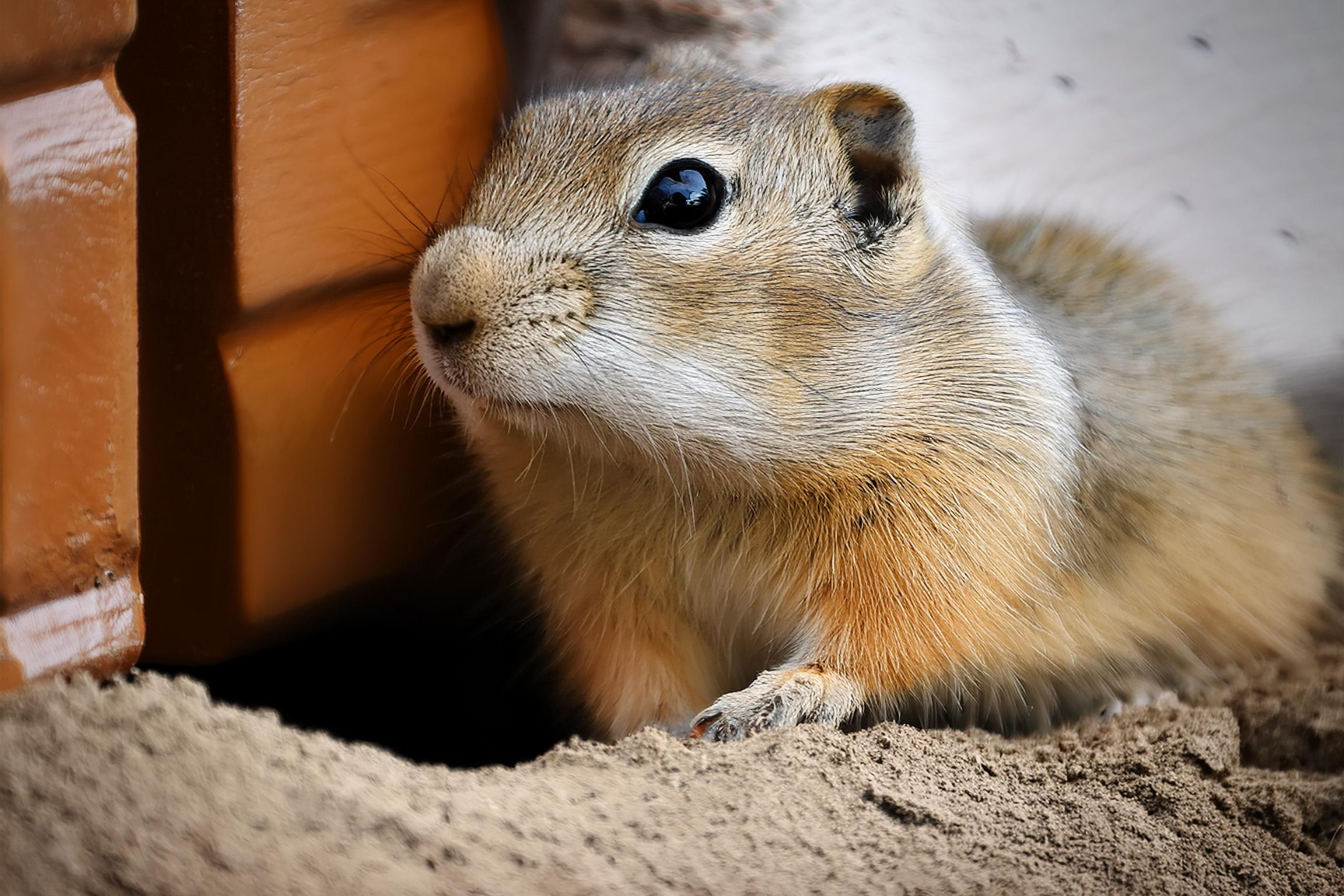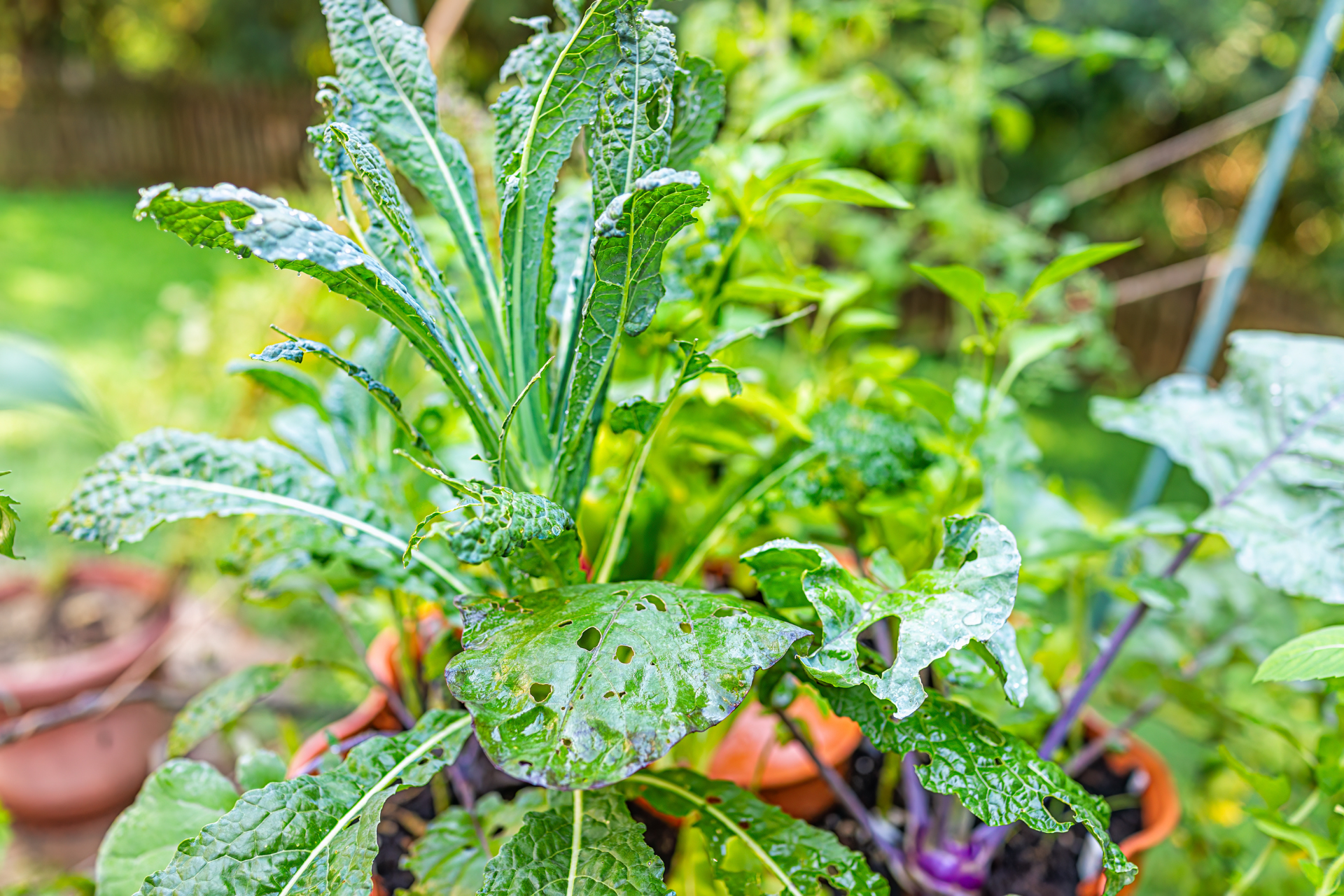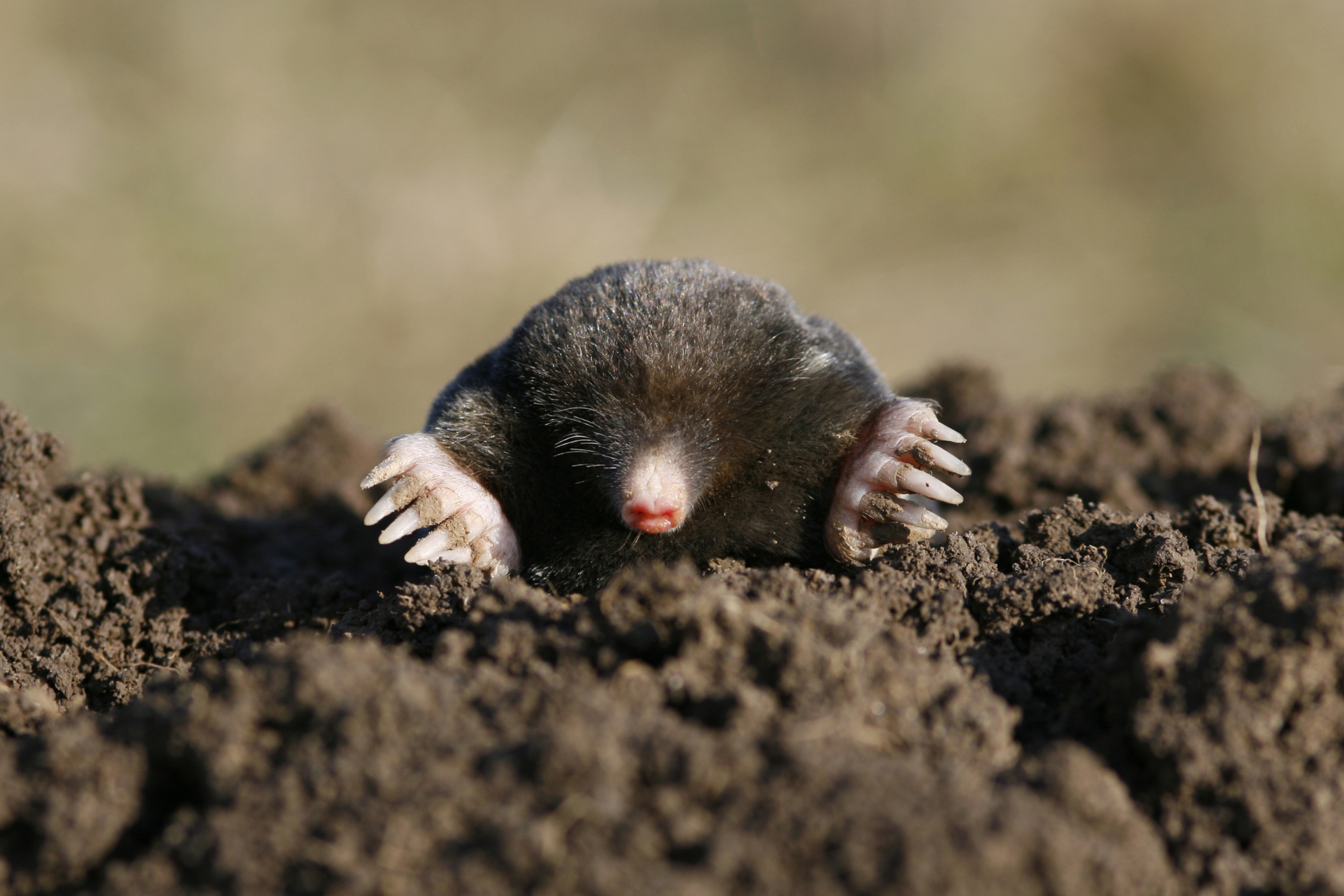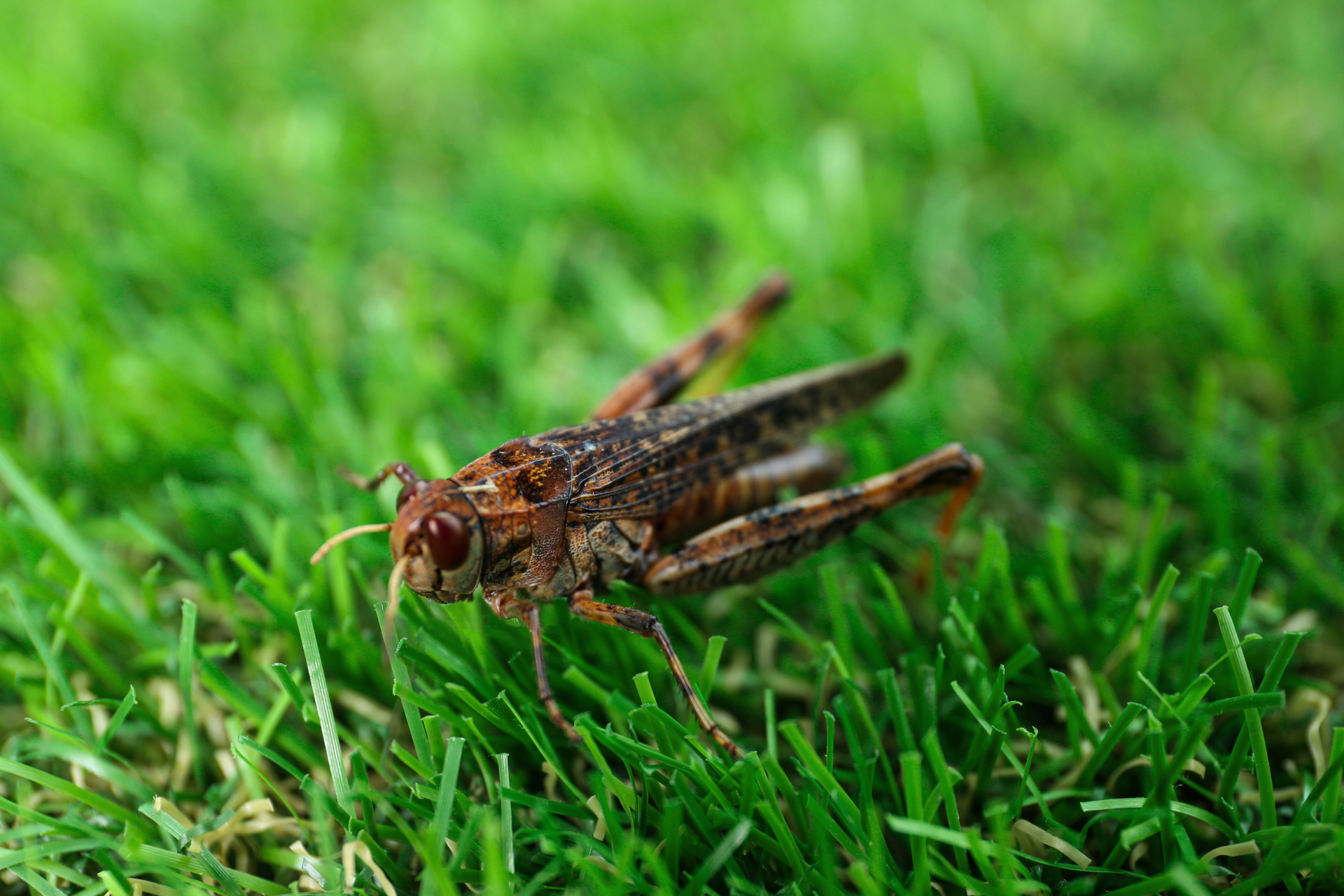The Hidden Health Hazards of Pest Infestations
Pest infestations often begin with a quiet invasion, slipping into our homes unnoticed. Whether it's a few ants scurrying across the kitchen floor or a mouse taking up residence in the attic, these unwelcome guests rarely announce their arrival. Instead, they gradually establish themselves, multiplying and spreading throughout our living spaces. What starts as a minor annoyance can quickly escalate into a serious problem, with immediate and long-term consequences that many homeowners underestimate.
Beyond the visible signs—droppings, gnawed wires, or mysterious sounds in the walls—there lies a more insidious threat. The hidden health hazards associated with pest infestations are not just a nuisance; they pose real risks to our well-being. From spreading diseases to triggering allergies, pests can silently compromise the safety and comfort of our homes. Understanding the dangers these unseen intruders bring is the first step in safeguarding your health and ensuring your home remains a safe haven for your family.
Health Hazards
Pests are more than just a nuisance—they are vectors of disease that can put your health at serious risk. Rodents like rats and mice, for example, are notorious carriers of dangerous pathogens such as Hantavirus, Salmonella, and Leptospirosis, which can be transmitted to humans through direct contact with their droppings, urine, or even the air they contaminate. Similarly, insects like cockroaches and flies can spread bacteria and viruses by contaminating food surfaces, exacerbating the risk of foodborne illnesses. The presence of these pests in your home is not just an inconvenience; it’s a direct threat to your family’s health.
Beyond the risk of disease, pests can also trigger allergic reactions and worsen respiratory conditions. Dust mites, cockroach droppings, and even the shedding skin of rodents are potent allergens that can inflame asthma and other respiratory issues, particularly in children and the elderly. For those with pre-existing allergies, the presence of these pests can lead to chronic discomfort, with symptoms ranging from sneezing and watery eyes to severe asthma attacks. The longer an infestation goes unchecked, the more intense these health effects can become, making it crucial to address the problem swiftly.
In addition to spreading disease and allergens, pests also pose a physical threat through their bites and stings. Venomous insects like spiders, wasps, and certain types of ants can deliver painful stings that may cause severe allergic reactions, including anaphylaxis in susceptible individuals. Parasitic pests such as bed bugs and fleas feed on human blood, leaving itchy, red welts that can lead to secondary infections if scratched excessively. The physical and psychological discomfort caused by these pests can significantly diminish your quality of life, making it imperative to maintain a pest-free home.
Structural Damage
Pests don’t just threaten your health—they can also wreak havoc on the very structure of your home. Termites and other wood-destroying pests are particularly insidious, silently gnawing away at your home’s foundation, beams, and wooden fixtures. Over time, this gradual destruction can compromise the integrity of your home, leading to costly repairs and even threatening the safety of your living space. What may start as a small, unnoticed infestation can escalate into a significant problem, causing floors to sag, walls to weaken, and structural elements to fail.
Rodents, too, pose a serious threat to your home’s structural integrity, particularly when it comes to electrical systems. Mice and rats have a penchant for chewing through wires, creating not only an electrical hazard but also a significant fire risk. According to the National Fire Protection Association, rodents are responsible for thousands of house fires each year. The damage they cause to electrical wiring can be catastrophic, leading to short circuits, sparks, and ultimately, a fire that could devastate your home. Ignoring a rodent infestation isn’t just a matter of tolerating a few unwanted guests—it’s a gamble with the safety of your property.
Additionally, pest infestations often lead to moisture problems, which can foster the growth of mold and mildew. Many pests, such as rodents and cockroaches, thrive in damp environments and can exacerbate existing moisture issues by creating nests in hidden, humid areas. The buildup of moisture, combined with the organic material left behind by pests, creates the perfect breeding ground for mold. Mold not only damages the surfaces it grows on but also releases spores into the air, further endangering your home’s air quality and your family’s health. Left unchecked, mold growth can cause extensive damage to walls, floors, and insulation, leading to expensive repairs and even rendering parts of your home uninhabitable.
The impact of pest infestations extends beyond immediate repair costs to the long-term value of your property. A home that has suffered from a significant pest infestation may see a reduction in its resale value. Potential buyers are often wary of properties with a history of pest problems, fearing hidden damage or recurring issues. Even if the infestation has been resolved, the stigma attached to it can make it harder to sell your home or force you to accept a lower offer. Regular pest inspections and preventative measures not only help maintain your home’s structural integrity but also preserve its market value, ensuring that your investment remains sound.
Mental And Emotional Strain
Living with a pest infestation doesn’t just affect your physical environment—it can also take a serious toll on your mental and emotional well-being. The constant awareness that pests are sharing your living space can create an undercurrent of stress and anxiety. Whether it’s the fear of disease, the worry about potential damage, or simply the unsettling knowledge that pests are scurrying around in the walls, the presence of these unwelcome intruders can disrupt your peace of mind. Over time, this stress can accumulate, leading to a persistent feeling of unease in your own home—a place that should be a sanctuary.
Sleep, one of the most crucial aspects of well-being, is often one of the first casualties of a pest infestation. The nocturnal nature of many pests means that they are most active at night, causing disruptive noises that can make it difficult to rest. The scratching, scurrying, or buzzing sounds can jolt you awake, leaving you restless and sleep-deprived. Even the mere thought of pests crawling around while you sleep can lead to insomnia, further impacting your overall health. The longer the infestation persists, the more pronounced the effects on your sleep quality, which in turn can affect your mood, productivity, and overall quality of life.
In addition to the internal stress and disrupted sleep, there’s also the social stigma attached to having a pest-infested home. The idea of friends or family discovering that your home is harboring pests can be embarrassing, leading to a sense of isolation. You may find yourself avoiding social gatherings or feeling hesitant to invite people over, worried about what they might think or encounter. This social embarrassment can compound the stress, making you feel trapped in a situation that’s not only physically uncomfortable but also emotionally draining. Addressing a pest problem quickly is essential, not just for the sake of your home, but also to preserve your mental and emotional well-being.
The environmental consequences of pest infestations and their control also warrant consideration. Invasive species, such as certain types of ants, beetles, or rodents, can disrupt local ecosystems, outcompeting native species and altering habitats. The introduction of these non-native pests can lead to a cascade of ecological imbalances, with long-lasting effects on biodiversity. Moreover, improper pest control measures, such as the overuse of chemical pesticides, can harm beneficial insects, contaminate soil and water sources, and pose risks to pets and wildlife. Taking a balanced approach to pest management—one that prioritizes prevention, uses environmentally responsible methods, and addresses infestations promptly—helps protect not just your home, but also the surrounding environment.
Living with pests isn’t just a nuisance—it’s a serious threat to your home, health, and well-being. From the structural damage they cause to the diseases they spread, pests can undermine the safety and comfort of your living space in ways that often go unnoticed until it’s too late. The financial costs, emotional strain, and environmental impact of infestations highlight the importance of addressing pest problems as soon as they arise. By taking proactive steps to prevent infestations and seeking professional help when needed, you can protect your home and your loved ones from the hidden dangers that pests bring.
Don’t wait for pests to take control of your home. Contact 101 Gopher & Pest Control today for expert assistance in keeping your property pest-free. Our comprehensive pest management services are designed to safeguard your home, health, and environment, ensuring that you can live comfortably and worry-free. Take back control and enjoy the peace of mind that comes with a pest-free home.

